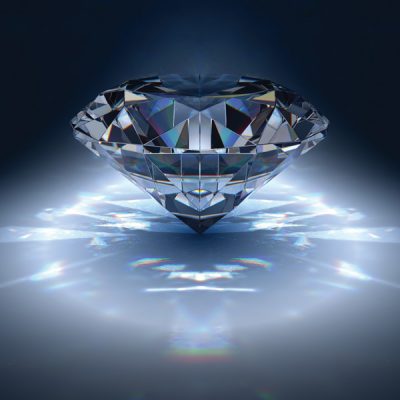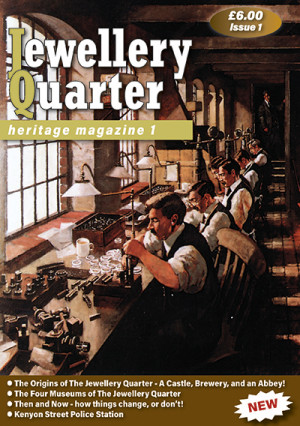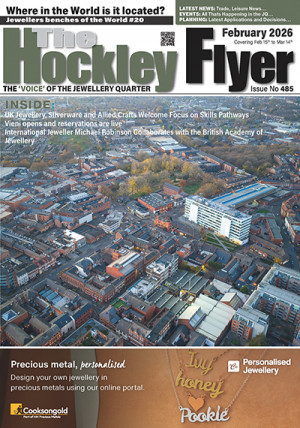
It is impossible for even the most experienced Gemmologist to be able to detect Lab-grown diamonds definitively by eye, or with standard desktop equipment because the chemical and optical properties are the same as natural diamonds. Definitive identification requires specialist testing equipment as used at the Birmingham Assay office, by their experienced team at their in-house grading facility, AnchorCert Gem Lab.
Commenting on Lab-grown diamonds, Operations Director, Carla Goodfellow, said: “There have been instances of undisclosed coloured lab-grown diamonds submitted as natural stones. A specific example was a 0.71 carat uninscribed pink diamond submitted and found to be lab-grown following testing. The customer had secured the stone, believing that the stone was 100% natural”
She added: “It’s critical that retailers and buyers are diligent and aware of services which are available to them to help make selling of both kinds of stones clear, safe and consumer friendly. Our trusted Gem Lab can support suppliers, wholesalers, retailers and consumers alike. If ever you are unsure, or your customer demands it, we can be on hand to help.”
Senior Gemmologist, Krishna Powar said: “One of our experienced jewellery valuers in SafeGuard had suspicions about a large multi-stone item and wanted a second, technical confirmation so referred the item through our Gem Lab, the item turned out to be lab-grown. AnchorCert Gem Lab is a great benefit to SafeGuard; shared knowledge and experience means we can provide customers with definitive outcomes on items which are being valued. If detected the difference of the valuation can be significant, based on the gemmological report specifying if a stone is synthetic, natural, treated etc.”
In September 2018, De Beers released a screening device called SYNTHdetect. It is specially designed for testing stones in mounted jewellery but can also be used to test loose stones. The Birmingham Assay Office will be launching their SYNTHdetect service in May.
To find out more about AnchorCert Gem Lab, SafeGuard, or SYNTHdetect please call 0121 236 6951 or visit website www.assayoffice.com.



